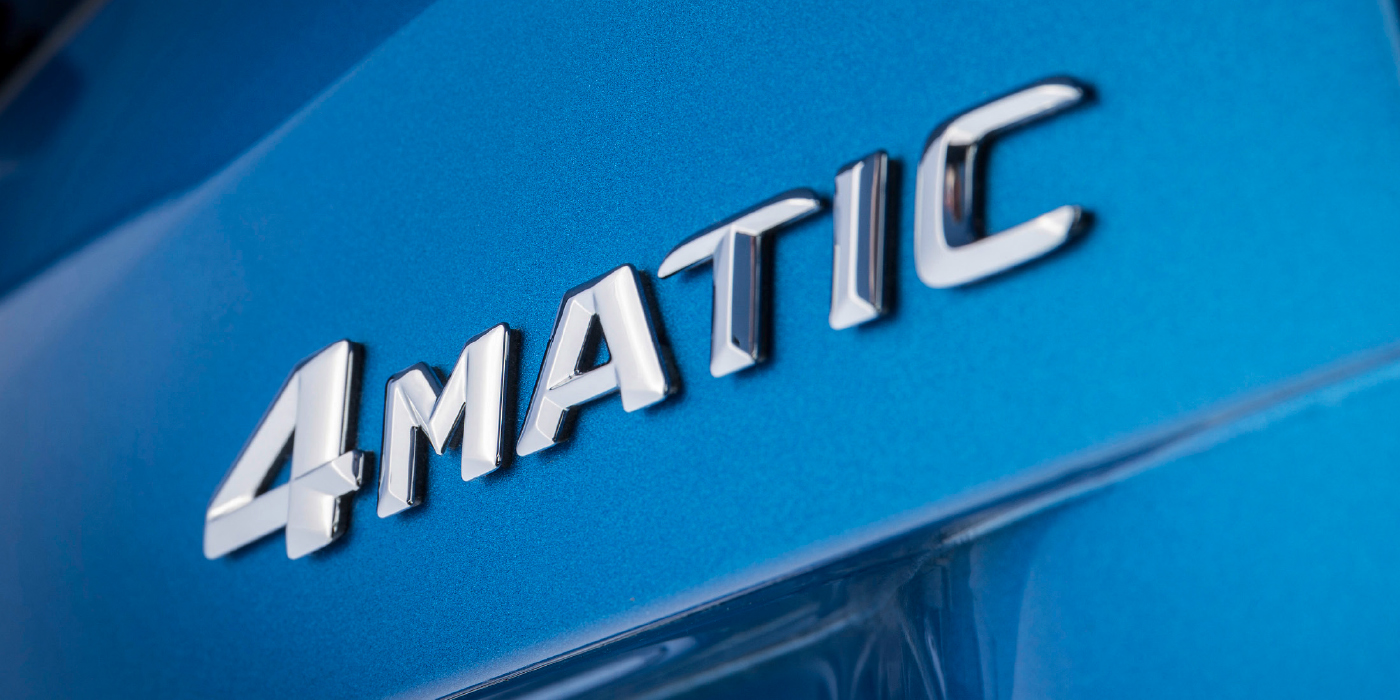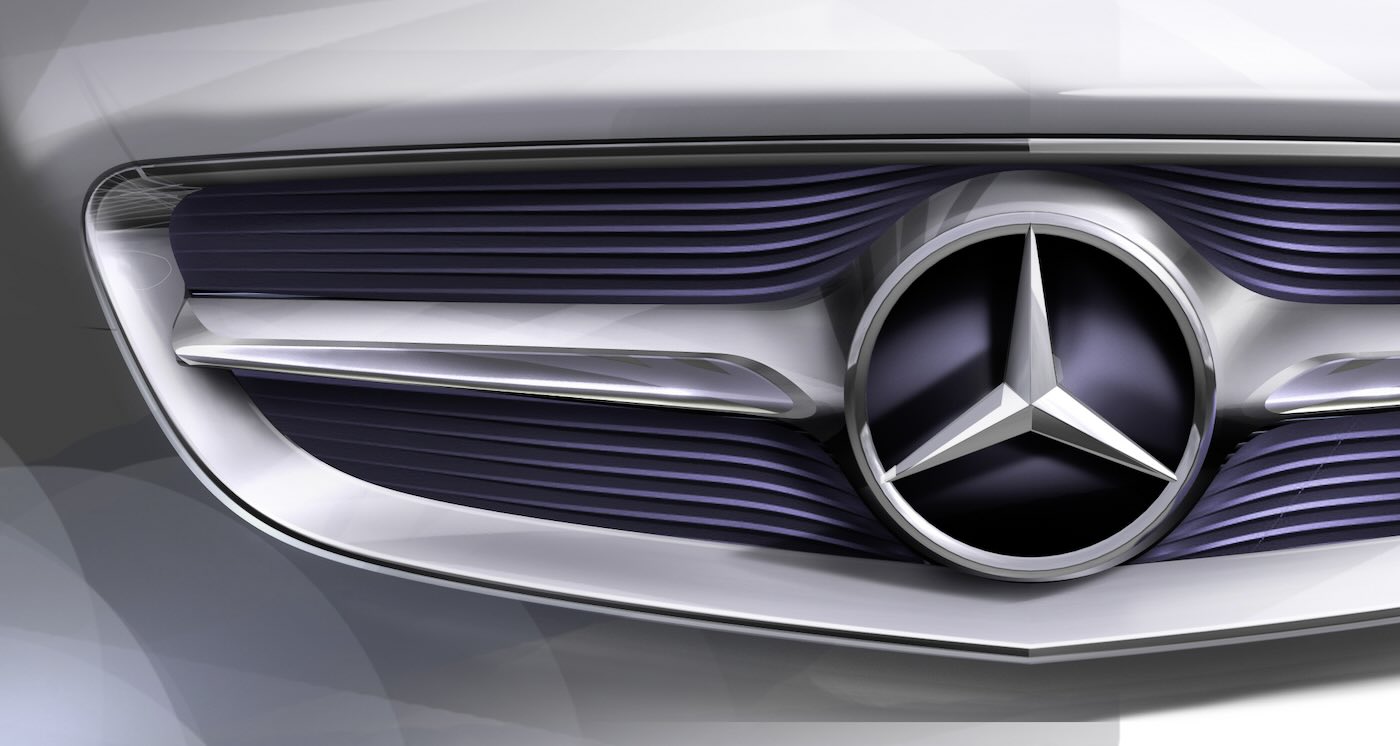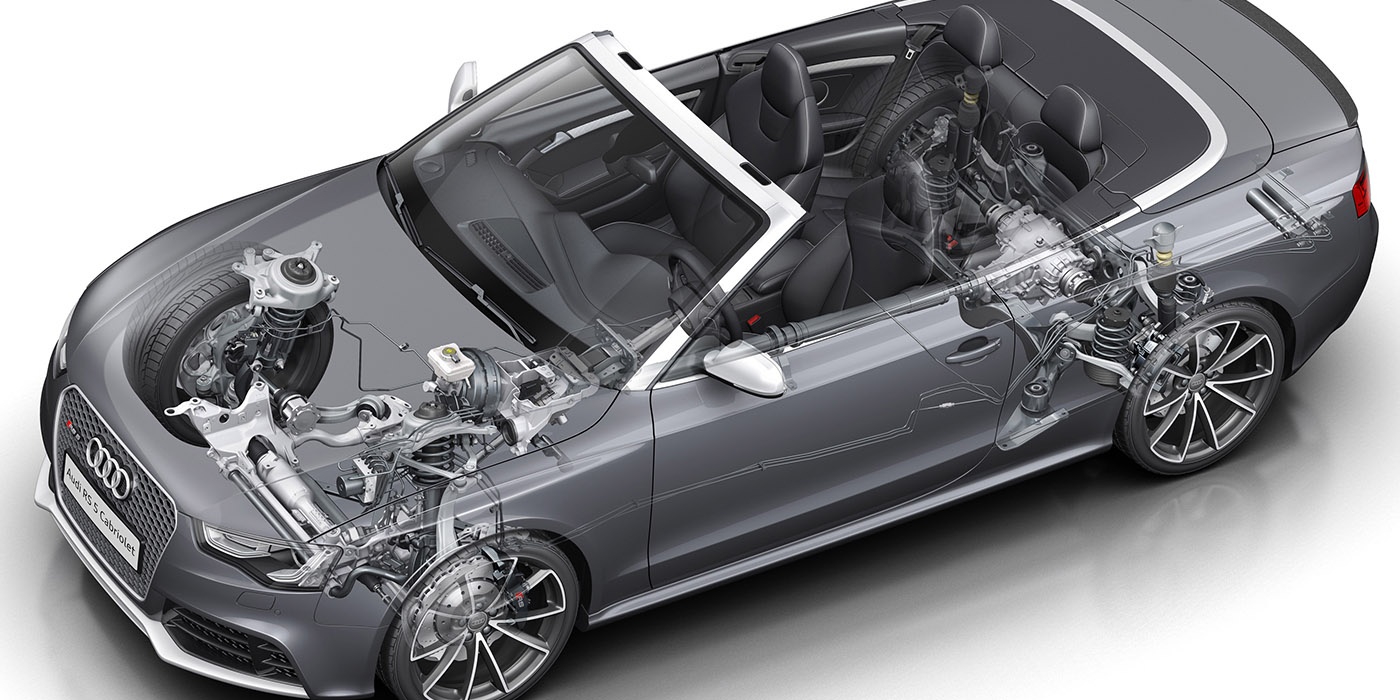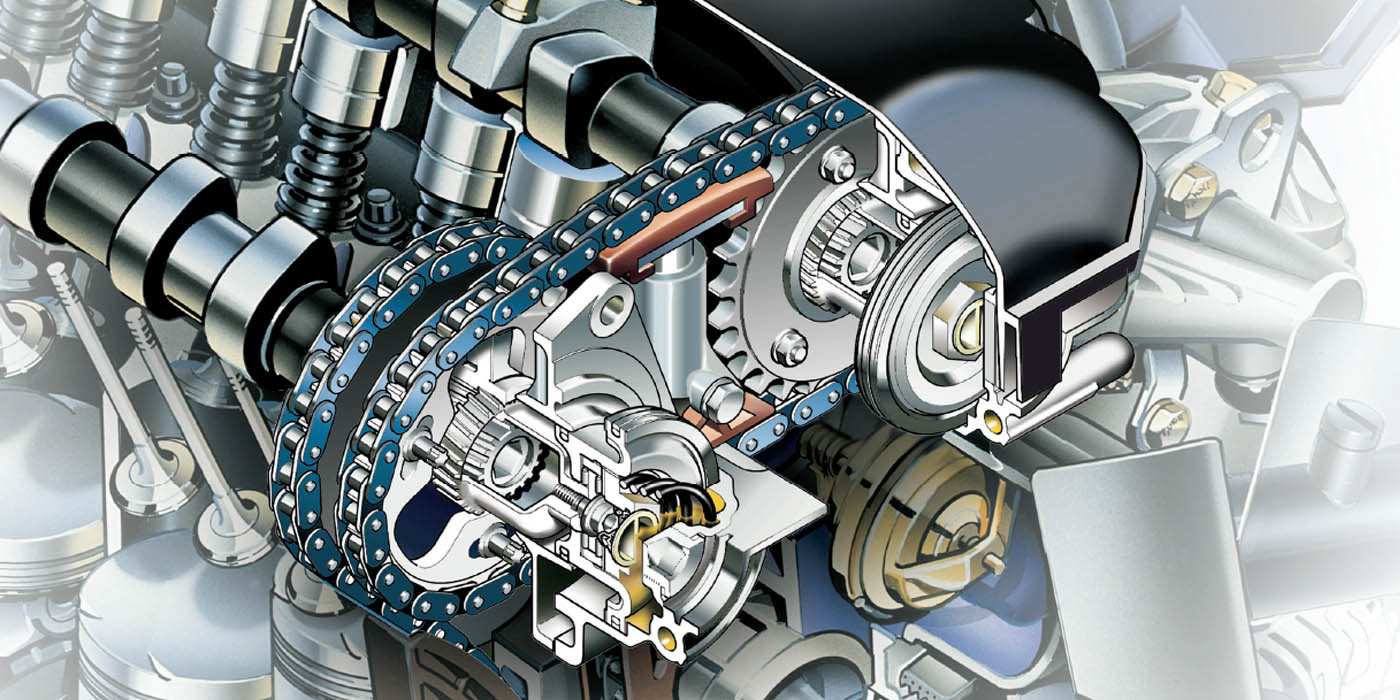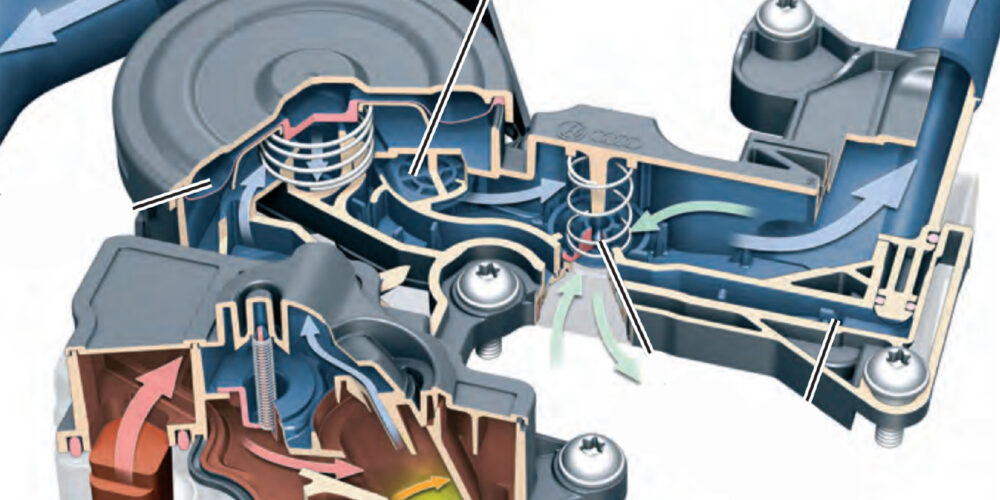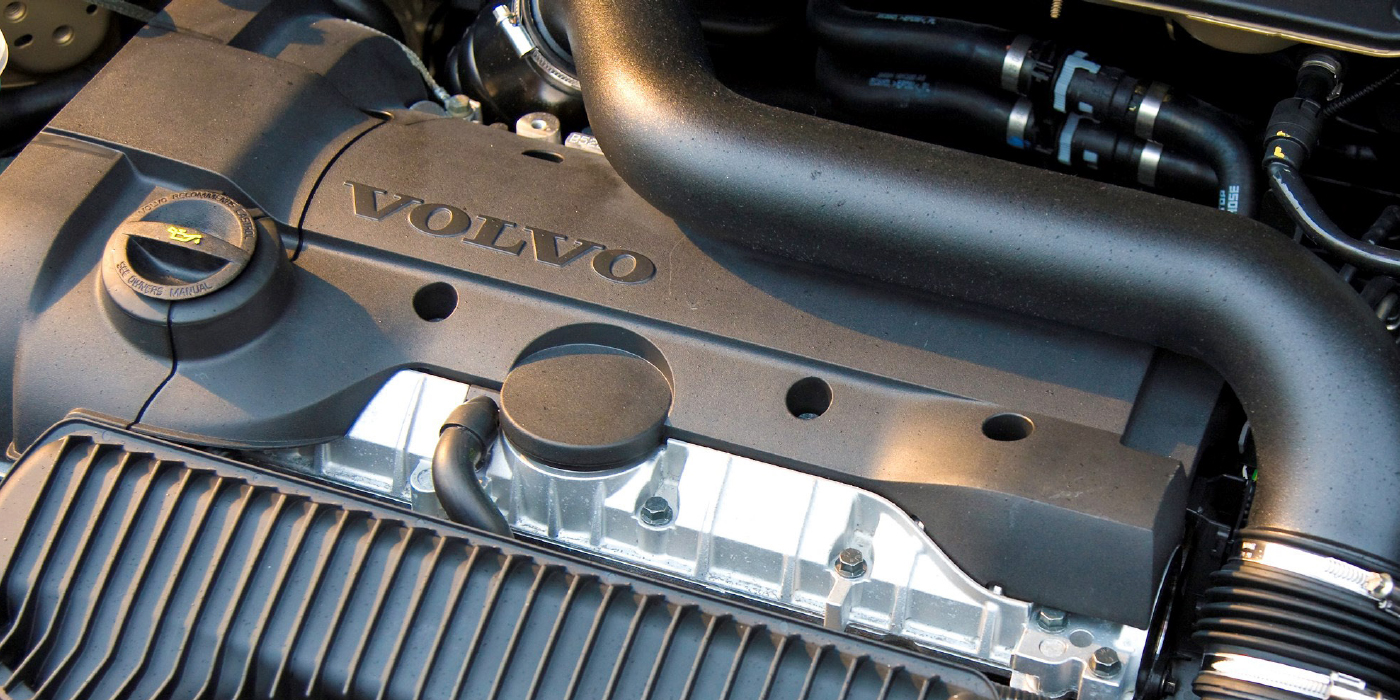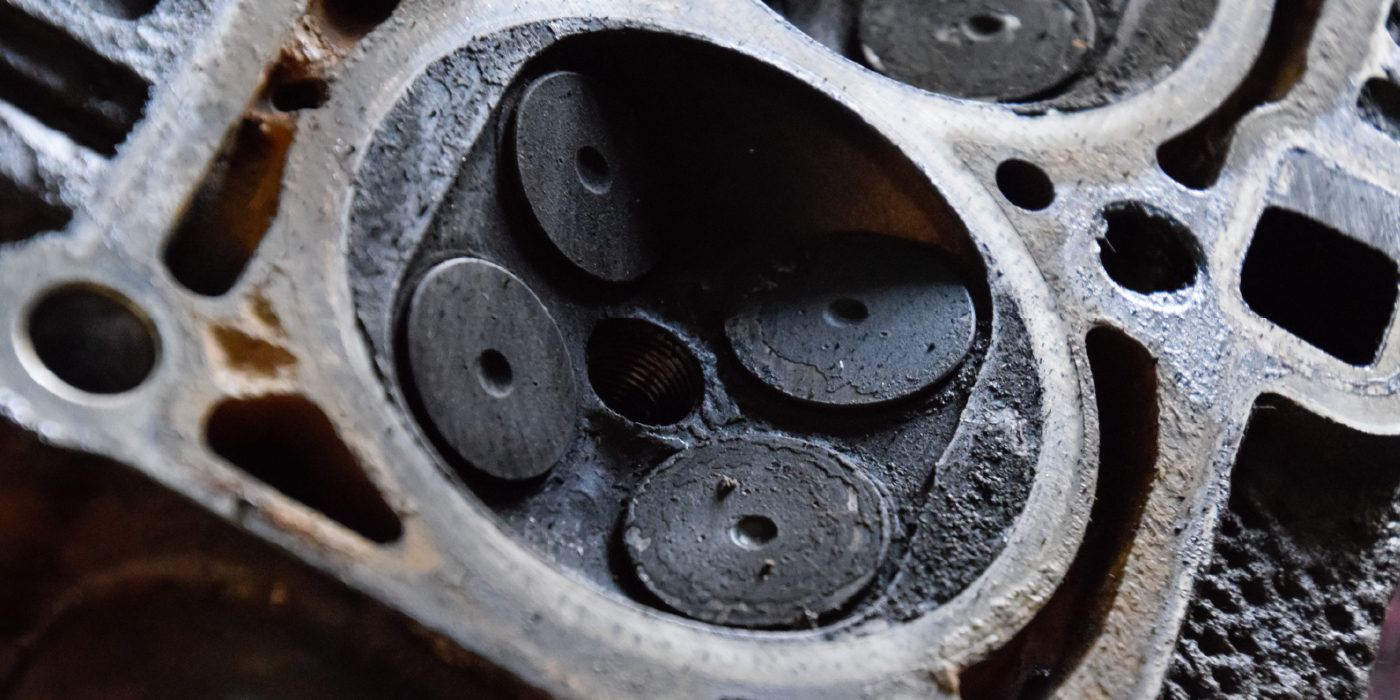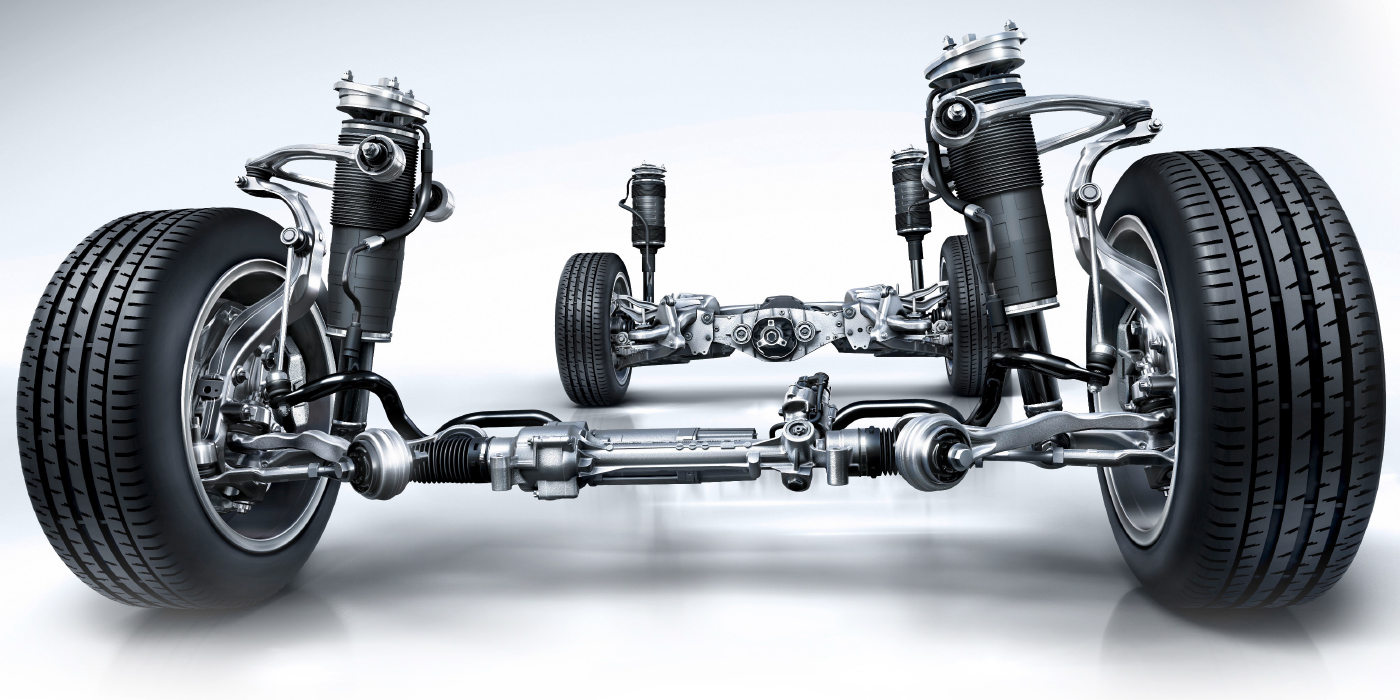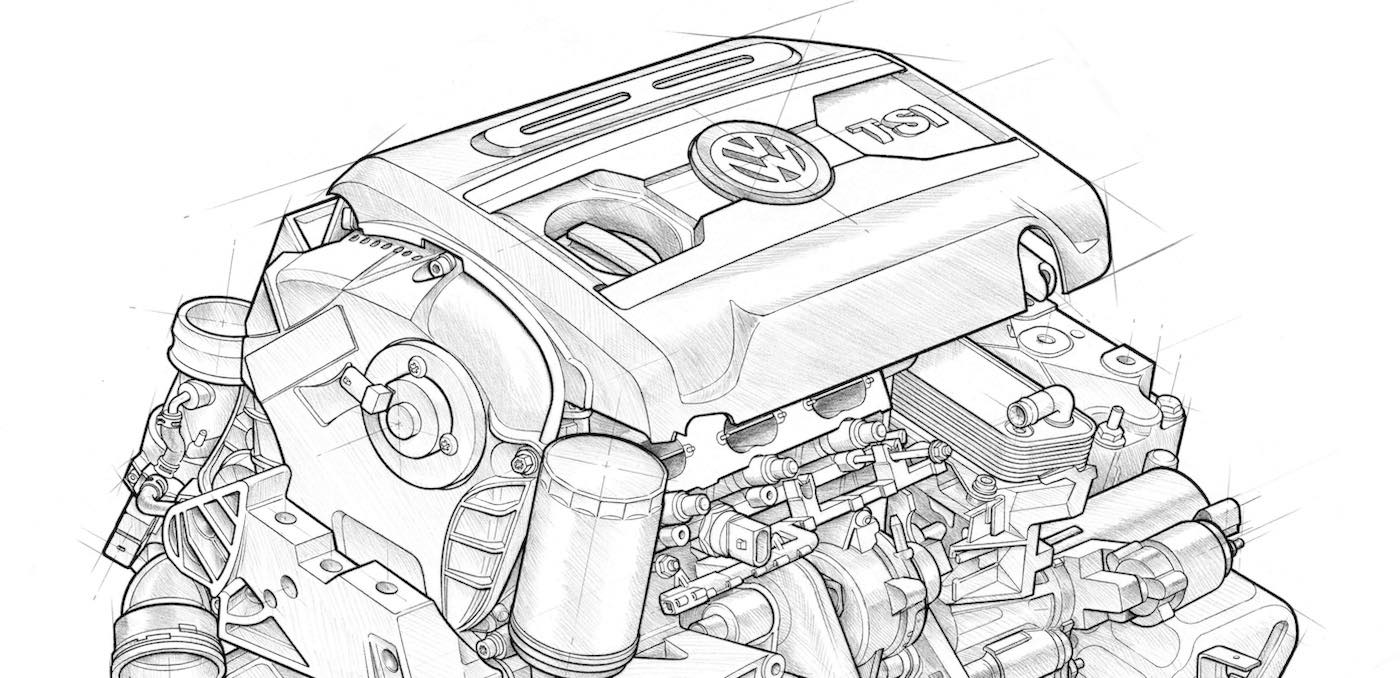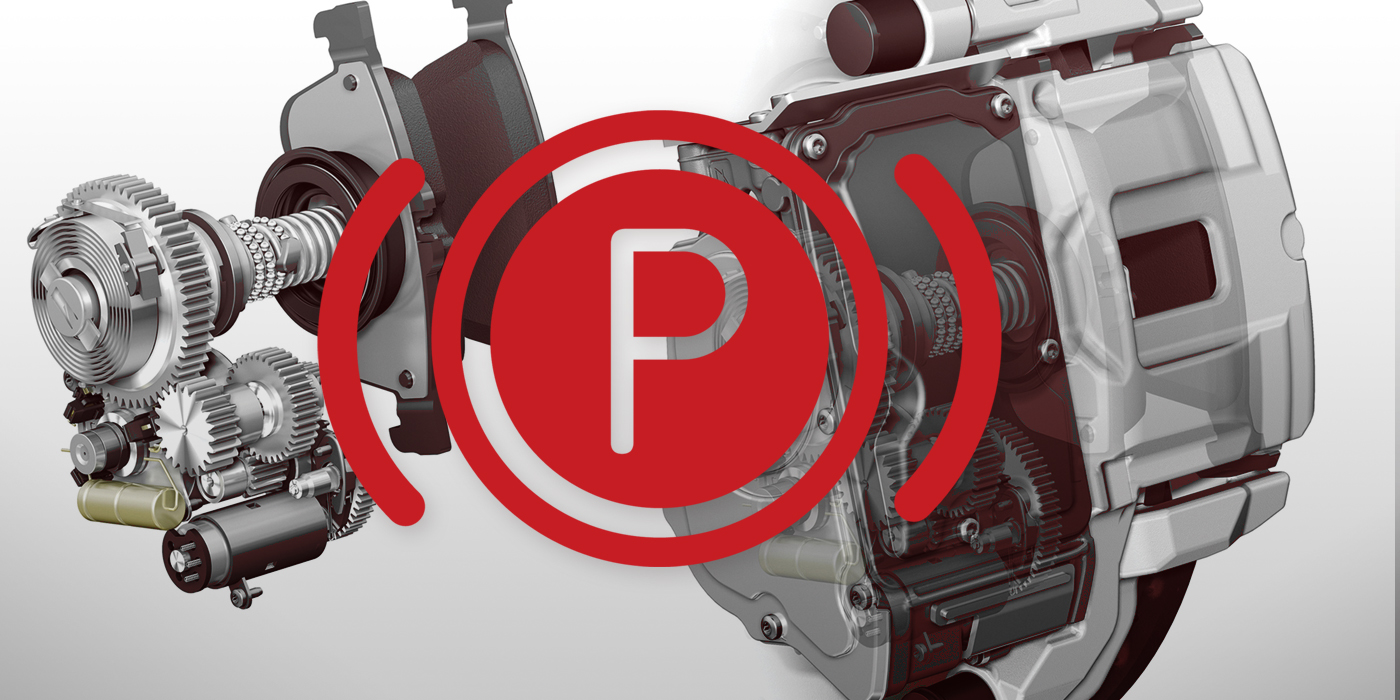 General Motors does not oppose the use of purified nitrogen as an inflation gas for tires. We expect the theoretical benefits to be reduced in practical use due to the lack of an existing infrastructure to continuously facilitate inflating tires with nearly pure nitrogen. Even occasional inflation with compressed atmospheric air will negate many of the theoretical benefits. Given those theoretical benefits, practical limitations, and the robust design of GM original equipment TPC tires, the realized benefits to our customer of inflating their tires with purified nitrogen are expected to be minimal.
General Motors does not oppose the use of purified nitrogen as an inflation gas for tires. We expect the theoretical benefits to be reduced in practical use due to the lack of an existing infrastructure to continuously facilitate inflating tires with nearly pure nitrogen. Even occasional inflation with compressed atmospheric air will negate many of the theoretical benefits. Given those theoretical benefits, practical limitations, and the robust design of GM original equipment TPC tires, the realized benefits to our customer of inflating their tires with purified nitrogen are expected to be minimal.
The Promise of Nitrogen: Under Controlled Conditions
Recently, nitrogen gas (for use in inflating tires) has become available to the general consumer through some retailers. The use of nitrogen gas to inflate tires is a technology used in automobile racing. The following benefits under controlled conditions are attributed to nitrogen gas and its unique properties:
• A reduction in the expected loss of Tire Pressure over time.
• A reduction in the variance of Tire Pressures with temperature changes due to reduction of water vapor concentration.
• A reduction of long term rubber degradation due to a decrease in oxygen concentrations.
Important: These are obtainable performance improvements when relatively pure nitrogen gas is used to inflate tires under controlled conditions.
The Promise of Nitrogen: Real World Use
Nitrogen inflation can provide some benefit by reducing gas migration (pressure loss) at the molecular level through the tire structure. NHTSA (National Highway Traffic Safety Administration) has stated that the inflation pressure loss of tires can be up to 5% a month. Nitrogen molecules are larger than oxygen molecules and, therefore, are less prone to "seeping" through the tire casing. The actual obtainable benefits of nitrogen vary, based on the physical construction and the materials used in the manufacturing of the tire being inflated.
Another potential benefit of nitrogen is the reduced oxidation of tire components. Research has demonstrated that oxygen consumed in the oxidation process of the tire primarily comes from the inflation media. Therefore, it is reasonable to assume that oxidation of tire components can be reduced if the tire is inflated with pure nitrogen. However, only very small amounts of oxygen are required to begin the normal oxidation process. Even slight contamination of the tire inflation gas with compressed atmospheric air during normal inflation pressure maintenance, may negate the benefits of using nitrogen.
GM Tire Quality, Technology and Focus of Importance
Since 1972, General Motors has designed tires under the TPC (Tire Performance Criteria) specification system, which includes specific requirements that ensure robust tire performance under normal usage. General Motors works with tire suppliers to design and manufacture original equipment tires for GM vehicles. The GM TPC addresses required performance with respect to both inflation pressure retention, and endurance properties for original equipment tires.
The inflation pressure retention requirements address availability of oxygen and oxidation concerns, while endurance requirements ensure the mechanical structure of the tire has sufficient strength. This combination has provided our customers with tires that maintain their structural integrity throughout their useful treadlife under normal operating conditions.
Regardless of the inflation media for tires (atmospheric air or nitrogen), inflation pressure maintenance of tires is critical for overall tire, and ultimately, vehicle performance. Maintaining the correct inflation pressure allows the tire to perform as intended by the vehicle manufacturer in many areas, including comfort, fuel economy, stopping distance, cornering, traction, treadwear, and noise. Since the load carrying capability of a tire is related to inflation pressure, proper inflation pressure maintenance is necessary for the tire to support the load imposed by the vehicle without excessive structural degradation.
Important: Regardless of the inflation media for tires (atmospheric air or nitrogen), inflation pressure maintenance of tires is critical for overall tire, and ultimately, vehicle performance.
Courtesy of GM.

